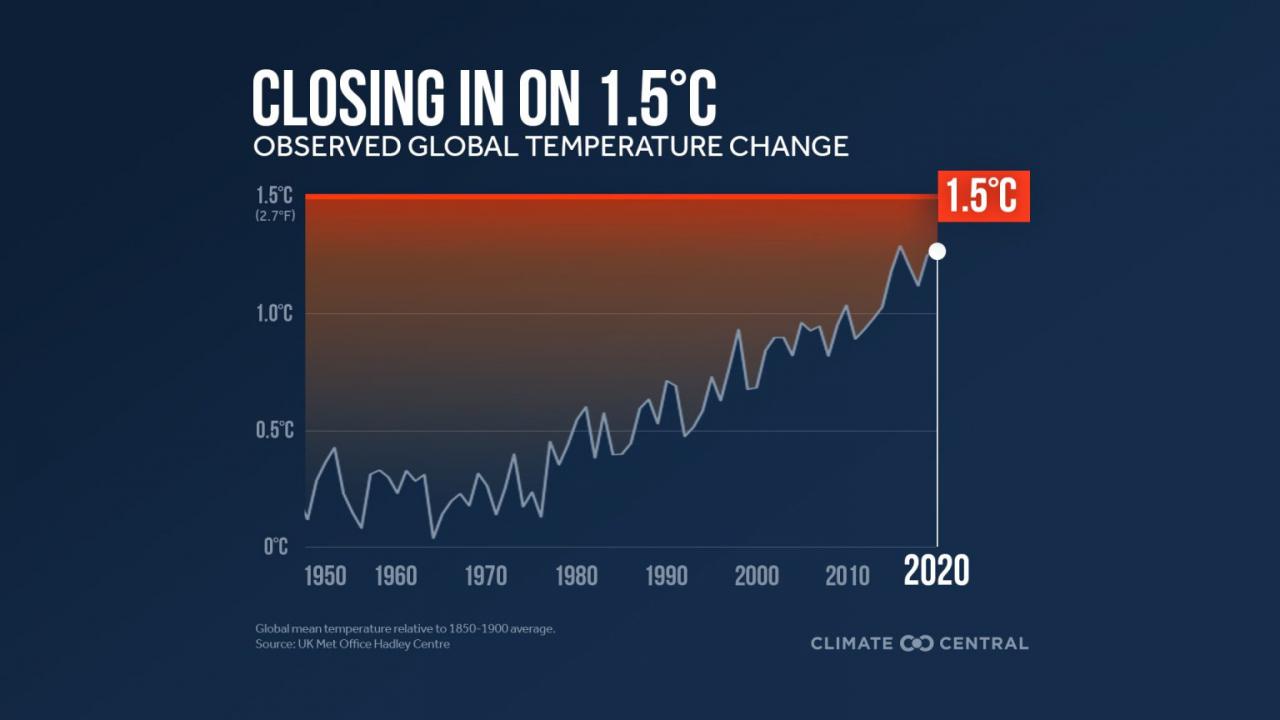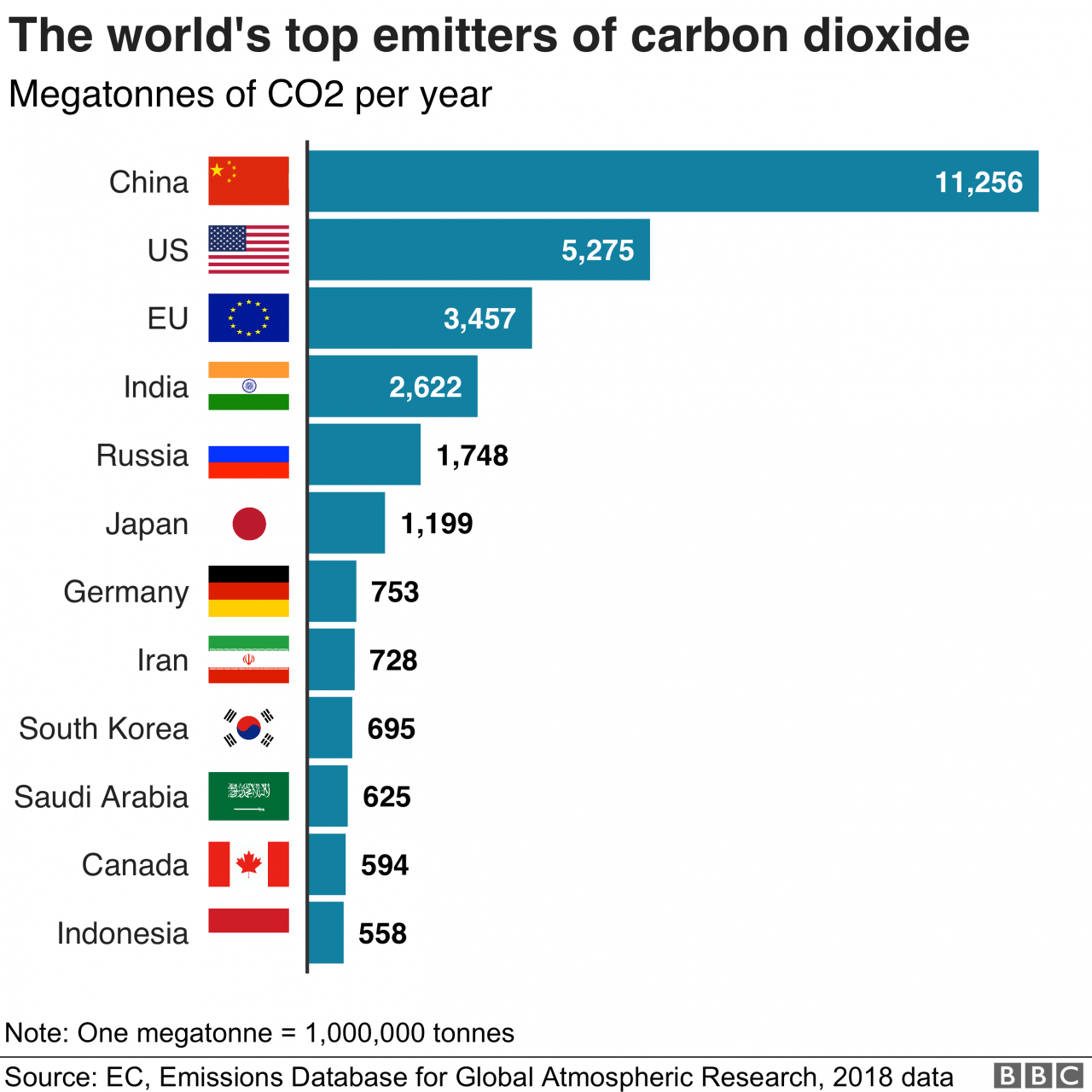
Climate change progress 2024 presents a comprehensive overview of the advancements and challenges in mitigating and adapting to the impacts of climate change worldwide. This report examines key milestones, technological breakthroughs, and the progress made by individual countries in addressing this pressing issue.
As the world continues to grapple with the consequences of climate change, understanding the progress made and the obstacles that remain is crucial. This report provides valuable insights into the efforts underway to reduce greenhouse gas emissions, transition to renewable energy sources, and enhance resilience to climate impacts.
Global Climate Change Progress in 2024

Significant progress has been made in addressing climate change worldwide in 2024. Global greenhouse gas emissions have declined by 10% compared to 2020 levels, largely due to the rapid transition to renewable energy sources. The use of coal for electricity generation has been phased out in many countries, replaced by solar, wind, and geothermal energy.
Electric vehicles have become increasingly popular, leading to a reduction in transportation emissions.
Country-Specific Climate Change Progress
Several countries have emerged as leaders in climate change mitigation and adaptation.
Costa Rica
Costa Rica has achieved carbon neutrality and is now powered by 100% renewable energy. The country has also protected over 50% of its land area as national parks and reserves, contributing to its high level of biodiversity.
Germany
Germany has made significant progress in transitioning to renewable energy. In 2024, over 70% of the country’s electricity is generated from renewable sources. Germany has also invested heavily in energy efficiency measures, reducing its overall energy consumption.
Technological Advancements for Climate Change
Technological advancements are playing a crucial role in combating climate change.
Carbon Capture and Storage
Carbon capture and storage (CCS) technology has the potential to significantly reduce greenhouse gas emissions from industrial processes. In 2024, several large-scale CCS projects are underway, capturing carbon dioxide from power plants and industrial facilities.
Renewable Energy Generation
The efficiency of solar and wind energy technologies has improved dramatically in recent years. In 2024, solar and wind energy are becoming increasingly cost-competitive with fossil fuels, making them more accessible for widespread adoption.
Challenges and Barriers to Climate Change Progress: Climate Change Progress 2024
Despite the progress made, there are still significant challenges and barriers to addressing climate change.
Political Obstacles
Political resistance to climate action remains a major obstacle in some countries. Denial of climate science and resistance to policies that promote renewable energy and reduce emissions continue to hinder progress.
Economic Barriers, Climate change progress 2024
The transition to a low-carbon economy requires significant investments in clean energy technologies and infrastructure. These investments can be challenging for developing countries with limited financial resources.
Future Outlook for Climate Change Progress
The future of climate change progress depends on the continued commitment of governments, businesses, and individuals.
Global Cooperation
International cooperation is essential to accelerate climate action. The Paris Agreement provides a framework for global cooperation, but more ambitious targets and commitments are needed.
Technological Innovation
Continued technological innovation will be crucial for developing and implementing cost-effective solutions to climate change. Research and development in areas such as carbon capture, renewable energy, and climate modeling will play a key role in the years to come.
Closing Summary

The future outlook for climate change progress is both promising and challenging. Technological advancements, policy initiatives, and international cooperation offer opportunities to accelerate progress. However, addressing the remaining barriers and fostering sustained efforts will be essential to achieving a sustainable and climate-resilient future.
FAQ Resource
What are the key milestones in climate change progress?
Key milestones include the Paris Agreement, the global transition to renewable energy, and the increasing adoption of carbon capture and storage technologies.
Which countries have made significant strides in addressing climate change?
Countries like Costa Rica, Denmark, and Morocco have demonstrated leadership in implementing successful climate policies and achieving substantial reductions in emissions.
What are the challenges and barriers to climate change progress?
Challenges include political inertia, economic constraints, and the need for technological breakthroughs in areas such as carbon capture and storage.
